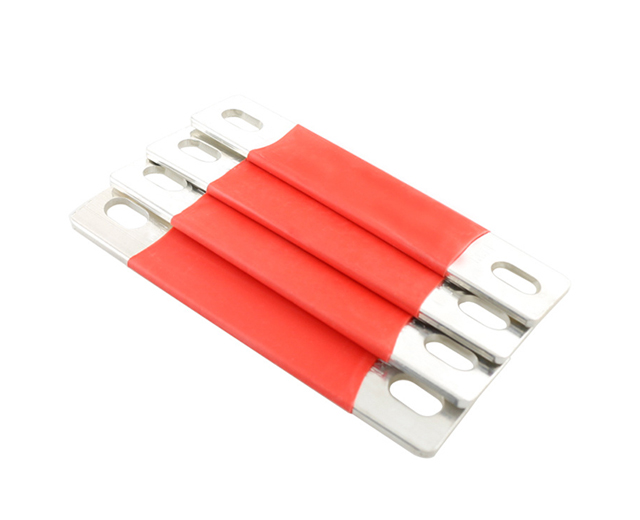2025-07-24 17:35:10
In modern energy distribution systems, ensuring stable current flow and operational safety is essential. One of the critical components contributing to this reliability is the plastic copper busbar insulator holder, designed specifically for high-voltage applications. These insulators not only secure busbars in place but also help optimize performance across various sectors including EV battery systems, industrial automation, and data centers.

A copper busbar is a conductive metal strip or bar that efficiently distributes electricity in switchboards, distribution boards, battery banks, and control panels. Known for its high conductivity, the busbar copper used in these systems ensures low electrical resistance and superior current flow. Its rigid structure makes it suitable for fixed installations, while flexible alternatives exist for more dynamic environments.
To complement and protect these systems, plastic insulator holders are used to support the busbars mechanically and provide electrical insulation. These holders help prevent arcing, short circuits, and electrical faults, especially in panel board copper busbar setups and Battery Busbar copper assemblies.
Copper busbar insulation is critical in high-voltage systems. Plastic holders are made from flame-retardant, high-dielectric strength materials such as nylon PA66, polycarbonate, or fiberglass-reinforced plastics. These materials offer:
High thermal resistance
Excellent dielectric properties
Flame resistance and anti-tracking capability
Long-term mechanical strength
In systems using tinned copper busbar or nickel plated copper busbar, these insulation holders help ensure compatibility with surface-treated conductors, reducing oxidation and maintaining electrical integrity.
The insulator holders are compatible with various types of copper busbars, including:
Flexible Copper Busbar – used in applications requiring movement or flexibility, such as EV battery modules or rail transit systems
Copper laminated Flexible Busbars – composed of stacked and bonded copper foils, ideal for compact, vibration-prone environments
Copper Busbar Connector – for linking two or more busbars efficiently
Copper busbar wire connector – used to connect copper busbars with wire terminals
Battery flexible busbar copper connecter – essential for lithium battery packs in energy storage and electric vehicles
Copper busbar current collector – widely applied in renewable energy systems for efficient current collection and transfer
For applications where corrosion resistance is needed, copper nickel busbar components provide a robust solution, particularly in marine or humid environments.
To meet the demands of industrial and electrical system designers, the insulator holders include:
Multiple slot sizes for compatibility with flat and shaped busbars
Stacking capability to accommodate multi-layer laminated copper systems
Anti-vibration locking mechanisms for dynamic and mobile applications
Custom height and spacing for tailored electrical clearances
Support for electrical comb copper busbar layouts used in control panels
Whether in rigid busbar layouts or modular electrical comb copper busbar systems, plastic holders ensure mechanical support and precise positioning.
The use of plastic copper busbar insulators holders for high-voltage applications is widespread in:
Battery pack assembly lines for electric vehicles (EVs)
Power switchgear and control cabinets
Solar inverters and renewable energy converters
Data centers and UPS power systems
Heavy machinery and industrial automation
In panel board copper busbar systems, these holders are critical for maintaining proper phase separation and ensuring safety compliance.
When long-term reliability is essential, especially in harsh or humid environments, tinned copper busbar and nickel plated copper busbar options offer extra protection. The plating resists oxidation, making the systems more durable and easier to solder, especially when integrated with insulator holders that maintain consistent contact and structure.
Most copper busbar etp (Electrolytic Tough Pitch) types are used due to their high electrical conductivity and cost-efficiency. ETP copper provides over 100% IACS conductivity, making it ideal for both flexible and rigid busbar applications. When paired with the right insulation holder, these busbars can handle high current densities with minimal power loss.
Combining plastic copper busbar insulators holders with the right copper busbar configuration — be it flexible, laminated, tinned, or nickel-plated — results in a safe, efficient, and long-lasting power distribution system. From battery flexible busbar copper connecter setups to copper busbar current collector installations, the synergy of proper insulation and conductive materials ensures optimal performance.
Whether you're building a new panel board or upgrading an EV battery line, investing in the right busbar copper accessories is crucial. Choose durable plastic holders to support your copper busbar connector systems and ensure uninterrupted, safe, and efficient power flow.